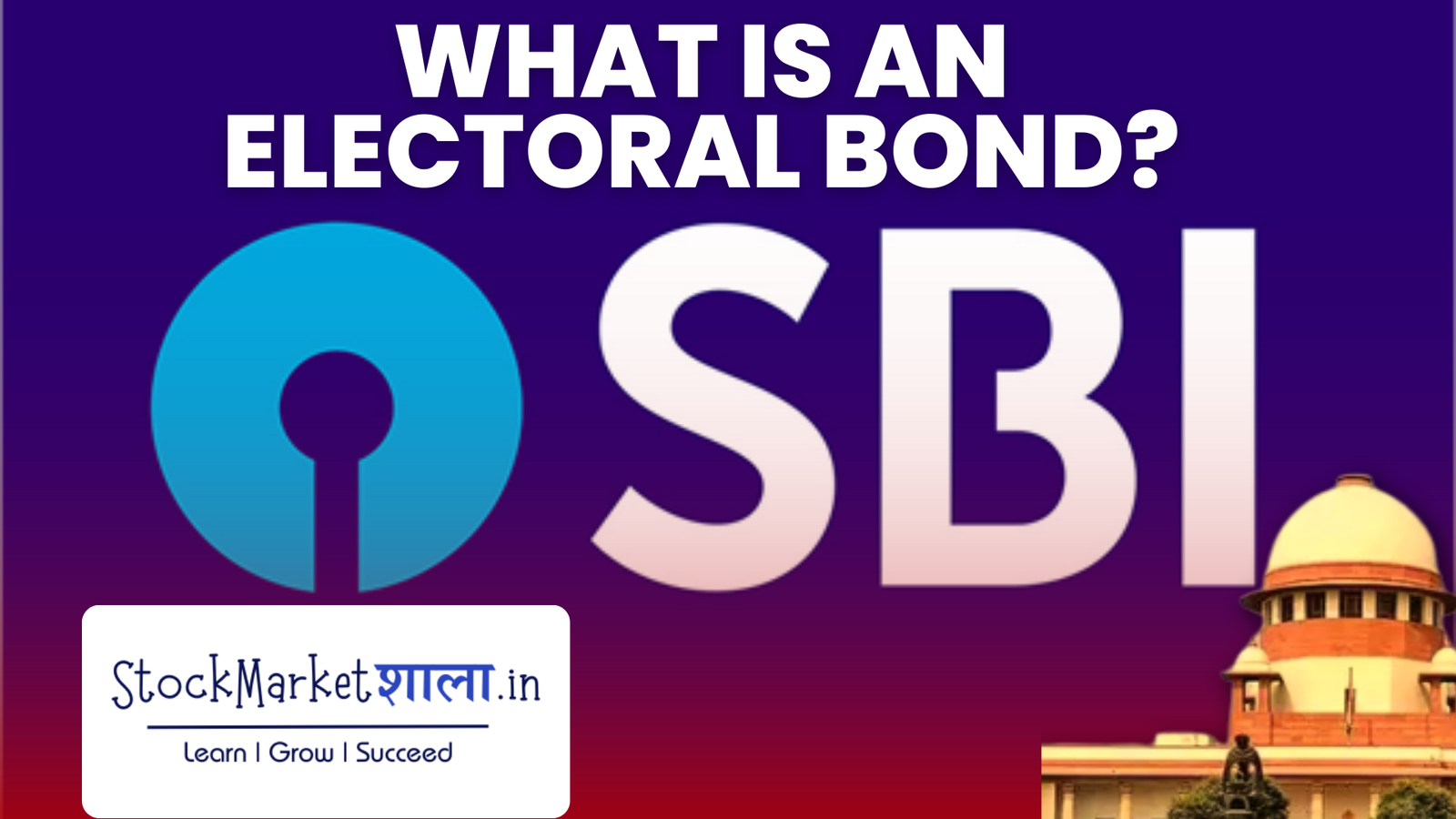An electoral bond is a financial instrument that can be used for making donations to political parties in India. It was introduced by the Government of India in 2018 as a way to bring transparency and accountability to political funding.
Introduction of Electoral Bonds
The concept of electoral bonds was introduced by the Finance Minister in the Union Budget of 2017-18. The aim was to provide a legal and transparent method for individuals and corporates to make donations to political parties. Electoral bonds are issued by authorized banks and can be purchased by any citizen of India or a corporate entity incorporated in India.
How to Use Electoral Bonds?
Using electoral bonds is a simple process. Here are the steps:
- Visit a designated bank branch that is authorized to issue electoral bonds.
- Fill out the necessary form and provide the required details.
- Make the payment for the desired amount of electoral bonds.
- Once the payment is made, the bank will issue the electoral bonds in the form of a bearer instrument.
- The electoral bonds can then be donated to any eligible political party.
Availability of Electoral Bonds
Electoral bonds are available for purchase in specific periods during the year, which are announced by the government. These bonds can be bought in multiples of certain denominations, starting from Rs. 1,000 up to Rs. 1 crore or more.
Conditions for Electoral Bonds
There are certain conditions that need to be met when using electoral bonds:
- Electoral bonds can only be used to make donations to registered political parties.
- The political party receiving the electoral bonds must have secured at least 1% of the votes in the previous general election.
- The political party must submit the electoral bonds to the designated bank account within a specified time period.
- The identity of the donor is kept confidential and is not disclosed to the public or the political party.
Purpose of Introducing Electoral Bonds
The introduction of electoral bonds was aimed at bringing transparency to political funding in India. It was believed that by using electoral bonds, the flow of unaccounted money to political parties could be curbed. The bonds were also intended to encourage more individuals and corporates to participate in the political process by making legitimate donations.
Controversy Surrounding Electoral Bonds
While the concept of electoral bonds was introduced with good intentions, it has been the subject of controversy. Critics argue that the anonymity of donors and the lack of disclosure requirements undermine the transparency that the bonds were meant to bring. They believe that this could potentially lead to an increase in black money in politics and influence peddling.
Another point of contention is the eligibility criteria for political parties to receive electoral bonds. Critics argue that the 1% vote share requirement may exclude smaller parties and prevent them from receiving donations through this channel.
Despite the controversy, electoral bonds continue to be used as a means for political funding in India. The government has made some amendments to the scheme to address concerns, but the debate around the effectiveness and transparency of electoral bonds remains ongoing.

